Opioid commission's anti-marijuana argument stirs anger
(CNN)New Jersey Gov. Chris Christie, head of the presidential commission on opioids, warned of the dangers of marijuana in a letter to President Donald Trump earlier this month about the panel's findings, saying the current push for marijuana legalization could further fuel the opioid epidemic.
"There is a lack of sophisticated outcome data on dose, potency, and abuse potential for marijuana. This mirrors the lack of data in the 1990s and early 2000s when opioid prescribing multiplied across health care settings and led to the current epidemic of abuse, misuse and addiction," Christie wrote in the letter, which was released with the
commission's final report.
"The Commission urges that the same mistake is not made with the uninformed rush to put another drug legally on the market in the midst of an overdose epidemic."
Ben Carson, the former Republican presidential hopeful and now Cabinet secretary, added to the argument during the final commission meeting, speaking nostalgically of the Reagan-era
"This is your brain on drugs" ad campaign and its infamous fried egg imagery.
"It frequently starts with something as seemingly innocent as marijuana," said Carson, the secretary of the Department of Housing and Urban Development, who was among several officials to speak at the meeting.
But some experts say the commission's fixation on marijuana was bizarre and troubling, lending credence to outdated views of marijuana as a gateway drug. And these experts want to nip such thinking in the bud.
They emphasized that they support efforts to
curb the nation's opioid epidemic, but not the demonization of marijuana in the process.
"I was surprised to see negative language about marijuana in the opioid report," said Dr. Chinazo Cunningham, a professor of medicine at the Albert Einstein College of Medicine. "Research that examines pain and marijuana shows that marijuana use significantly reduces pain. In addition, the majority of studies examining marijuana and opioids show that marijuana use is associated with less opioid use and less opioid-related deaths."
She took particular issue with one line in Christie's letter in which the outgoing governor said research conducted by the National Institute on Drug Abuse "found that marijuana use led to a 2½ times greater chance that the marijuana user would become an opioid user and abuser."
"In general, the body of research does not back up this claim," Cunningham said.
Cunningham's research found states where medical marijuana is legal had 25% fewer opioid overdose deaths than those without medical marijuana laws. She's also starting a study that she hopes will involve 250 people who are using opioids for chronic pain and are starting medical marijuana.
The first-of-its-kind study will follow the patients for 1½ years to examine the effects of medical marijuana and opioid use.
"People are dying every day from opioid overdoses. We must act now," Cunningham said. "We must offer a broad range of non-opioid strategies to address pain, and we must study these strategies."
Cannabis remains a Schedule I substance, the classification by the Drug Enforcement Administration for drugs believed to have a high potential for abuse along with some potential to create severe dependence. With federal restrictions placed on marijuana, scientists have to overcome various legal and procedural hurdles to research it.
Cunningham said those federal restrictions need to be changed "so that researchers can adequately study marijuana, and then research can guide policies."
CNN's Chief Medical Correspondent Sanjay Gupta, who has covered
America's medical marijuana revolution in three documentaries, said "it is fair to say that the majority of people who use marijuana do not go on to use other substances."
"While marijuana often precedes 'harder' drugs in people who do, so does alcohol and even more commonly, nicotine. In that sense, nicotine is a much more common gateway drug," Gupta said. "It may not be that marijuana is a gateway drug but rather people who are vulnerable to drug use often start with more readily available substances, such as marijuana, nicotine or alcohol."
The
study Christie cited was published in September in the American Journal of Psychiatry. It was based on interviews with more than 43,000 Americans from 2001 to 2002 and with more than 34,000 respondents from 2004 to 2005.
"Cannabis use appears to increase rather than decrease the risk of developing non-medical prescription opioid use and opioid use disorder," said the study, led by Dr. Mark Olfson, a professor of psychiatry at Columbia University.
Within his report, Olfson noted multiple limitations of the study, including the fact that the data were collected over a decade ago and that "the social context of cannabis use may have changed during this period." Critics have said the report oversimplifies a complex issue.
Olfson told CNN last week he didn't know that Christie was going to reference the study, and he acknowledged that some of criticism is valid.
"I agree that the relationship between marijuana and opioid use is complex and that more recent data might have yielded different results in light of changing marijuana use patterns," Olfson wrote in an email. "Nevertheless, Governor Christie is correct in that adults who used marijuana were at significantly higher risk of developing opioid use disorder. At the same time, it is important to note that a great majority of marijuana users did not develop problematic opioid use."
Shanel Lindsay, a member of the newly appointed Cannabis Advisory Board in Massachusetts
, where medical marijuana and adult use was recently legalized, blasted the opioid commission for its marijuana remarks. She took particular aim at Christie for citing the study, which she called "an overly gross simplification of an incredibly complex disease affecting millions of families."
"To identify cannabis as the singular starting point of any kind of addiction is dangerous, ill-informed, and ignores all the data that links alcohol and prescription drug abuse to opioid addiction," said Lindsay, the founder and president of Ardent, a biotech and medical cannabis device company. "If you ask an addict what led them down this road, I'd bet the reasons go well beyond smoking a joint."
Though the Trump administration has begun "waging a war on weed," Lindsay said, the majority of Americans support legalization of marijuana and acknowledge its health benefits. "The growing acceptance of marijuana isn't going anywhere."
Mitchell Kulick, a lawyer who specializes in cannabis legal services, said it wasn't surprising that the commission had an anti-marijuana stance. But what is most troubling, he said, is how it overlooked new research
published in the American Journal of Public Health that found marijuana legalization in Colorado led to a decrease in opioid overdose deaths in the state.
The opioid commission's take on marijuana, he said, seemed more in line with Attorney General Jeff Sessions' anti-weed rhetoric than current research. Sessions has said he doesn't think there are benefits to medical marijuana and has dismissed it as a solution to the opioid epidemic.
Follow CNN Health on Facebook and Twitter
See the latest news and share your comments with CNN Health on
Facebook and
Twitter.
"The positive impact that legalized cannabis is having on the opioid epidemic in states that have robust legal marijuana programs should be further studied before politicians make conclusory allegations that support their preconceived notions and political agendas," Kulick said.
In its report, the opioid commission recommended nationwide drug courts to help place substance abusers into treatment rather than sending them into the prison system. It also recommended expanding the availability of medication-assisted therapies, increasing treatment capacity for those who need help and making the lifesaving opioid overdose antidote naloxone available to more first responders.
Trump last month declared the opioid crisis a national public health emergency, a move allowing for money to be redirected to fight the epidemic and for state laws to be eased. Last year alone, an estimated 64,000 Americans died of drug overdoses, most of them from opioids.



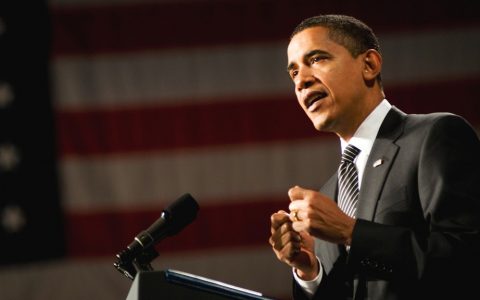


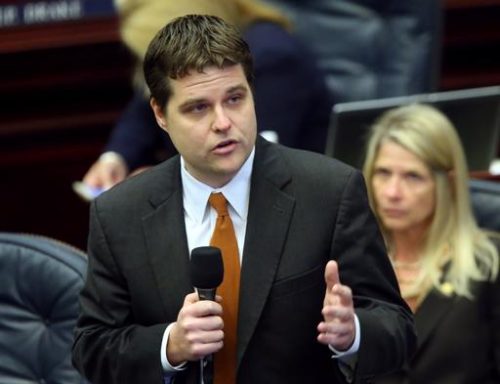

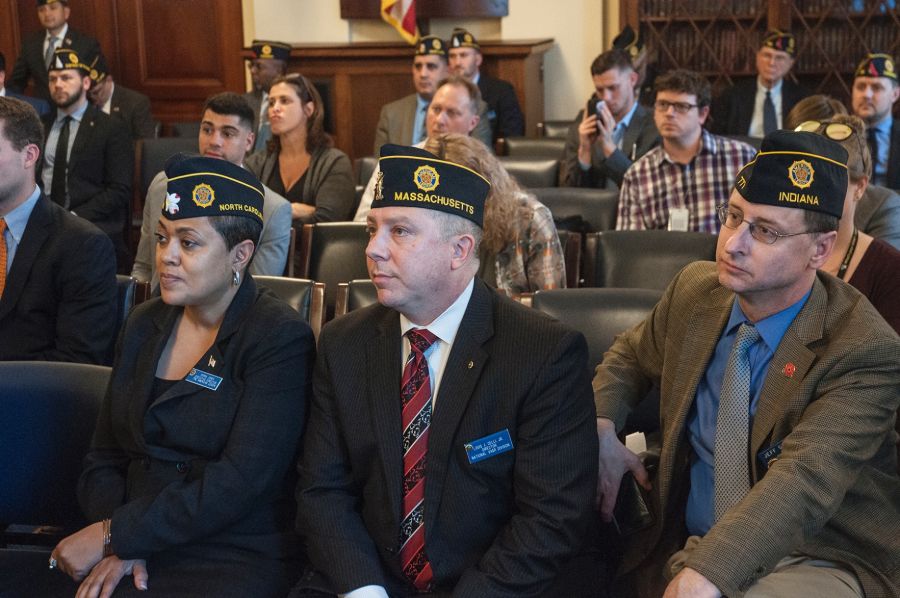

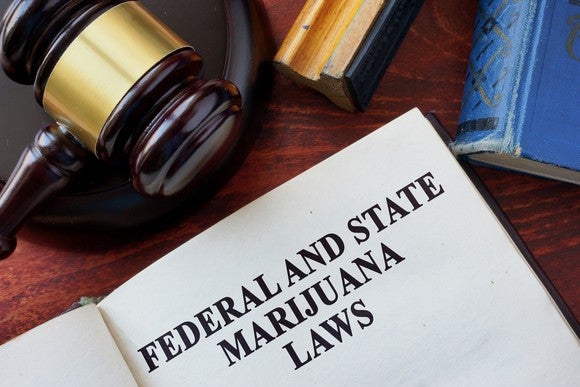

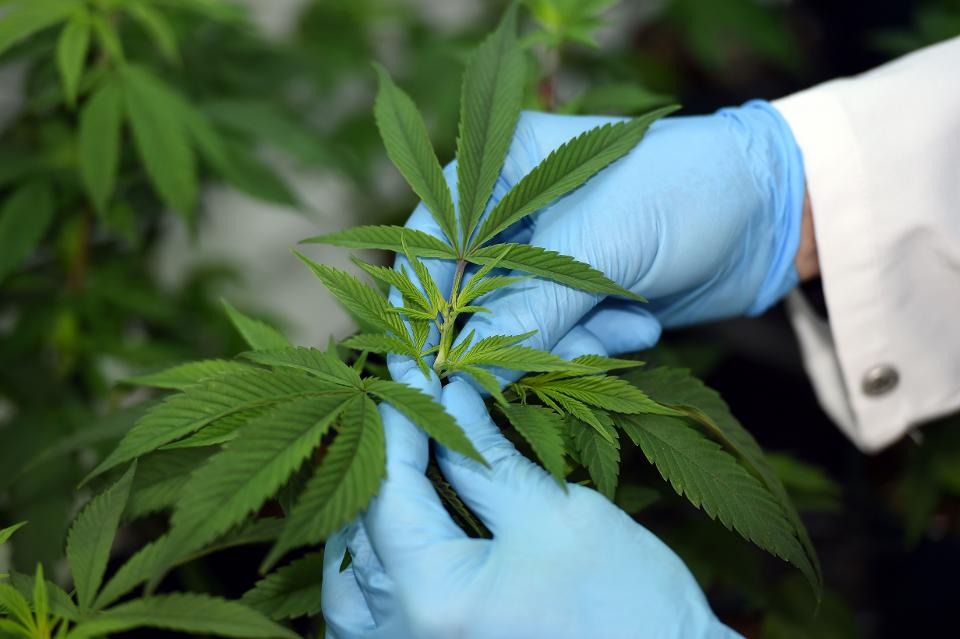
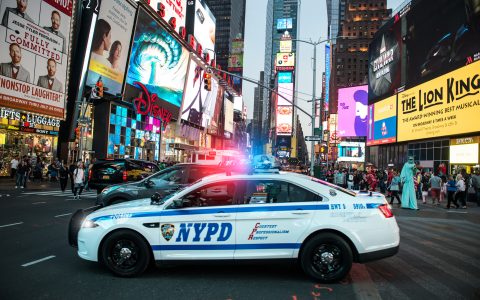

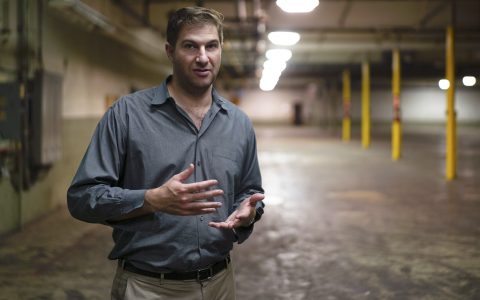

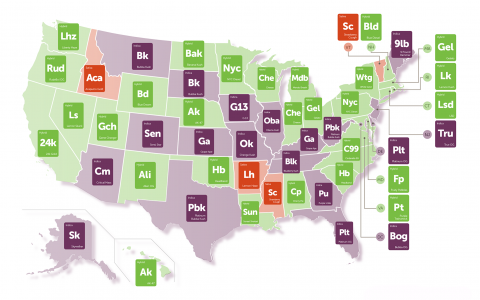
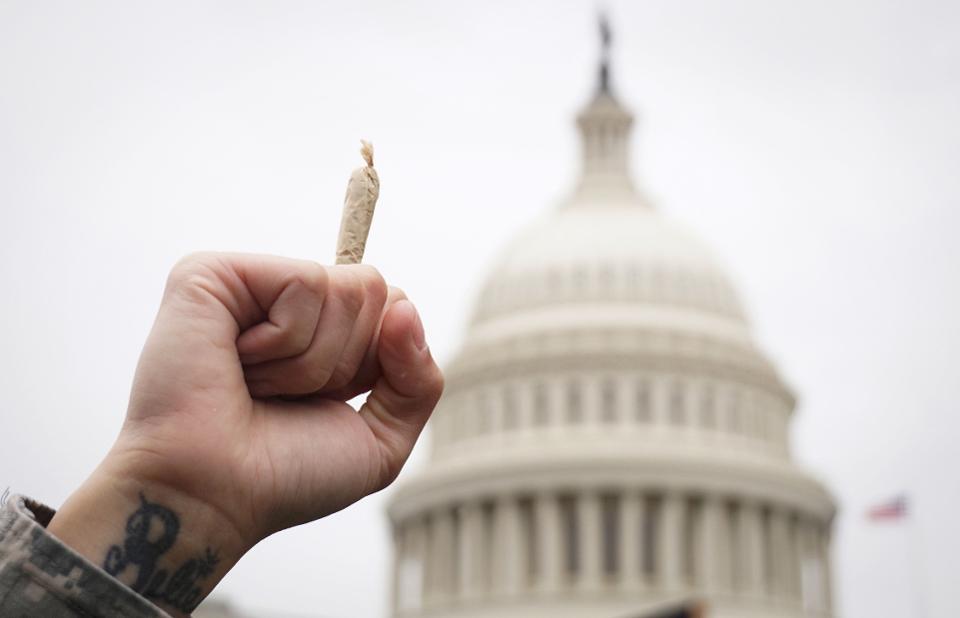
 Between the elected officials 'tampering' and the way big money is swooping in it's really alarming.
Between the elected officials 'tampering' and the way big money is swooping in it's really alarming.